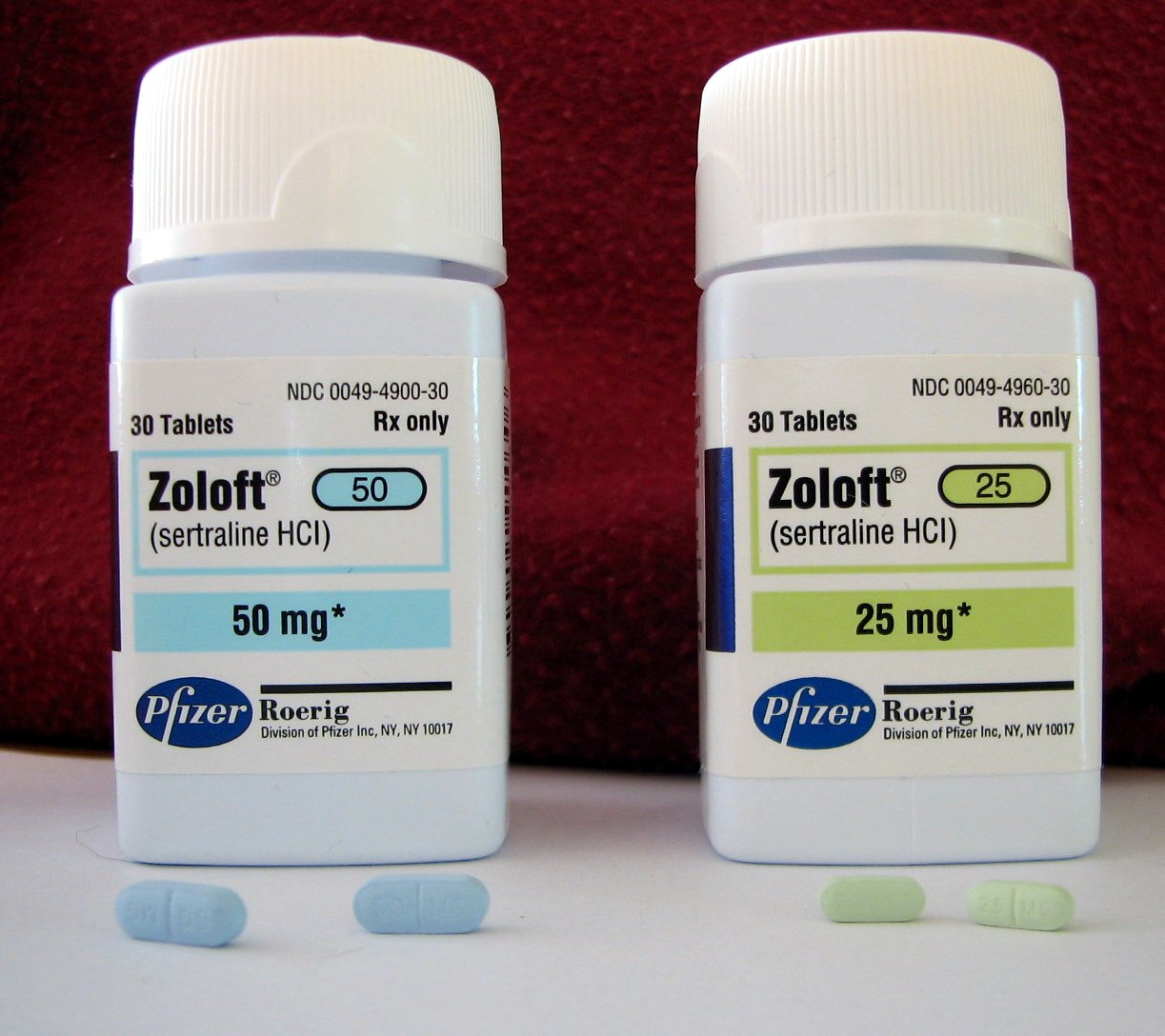Study: Long-term use of ADHD medications linked to elevated cardiovascular disease risk
01/29/2024 / By Olivia Cook

A new study published in the journal JAMA Psychiatry has found that long-term use of medicines prescribed for attention-deficit/ hyperactivity disorder (ADHD) can increase a person’s risk of developing cardiovascular disease (CVD).
With the use of ADHD medications substantially increasing over the past decades, the study is urging healthcare providers to weigh the potential risks and benefits of long-term use of such medications carefully before prescribing them to their patients.
According to the Centers for Disease Control and Prevention (CDC), ADHD is a medical condition that causes an individual to have trouble paying attention and sitting still, be overly active or have difficulty controlling impulsive behaviors. It is a common neurodevelopment disorder that is usually first diagnosed in childhood and often lasts into adulthood.
Neuropsychiatric diagnosis of ADHD affects some five percent of children and 2.5 percent of adults. (Related: ADHD drugs pose heart health risks to children.)
“The use of ADHD disorder medications has increased substantially over the past decades but it has been unclear to what extent persons with ADHD continue to take their medicine and how safe long-term use is in terms of cardiovascular diseases,” said Dr. Zheng Chang, senior researcher at the Department of Medical Epidemiology and Biostatistics at the Karolinska Institute in Sweden.
The prevalence of ADHD medications use led to the present study by researchers from Karolinska, which followed a previous study on ADHD medication discontinuance across the lifespan of ADHD patients. Their previous study included data from population-based databases in Australia, Denmark, Hong Kong, Iceland, the Netherlands, Norway, Sweden, the U.K. and the United States.
ADHD medications are bad for the heart
To assess the association between long-term use of ADHD medication and cardiovascular disease risk, Zhang and colleagues studied individuals in Sweden, aged six to 64 years who were diagnosed with ADHD or were treated with ADHD stimulant medication between Jan. 1, 2007, and Dec. 31, 2020.
For their case-controlled study, the researchers obtained data on ADHD and incident diagnoses of heart diseases, such as arterial disease, arrhythmias, cerebrovascular diseases, heart failure, hypertension, ischemic heart diseases, thrombotic disease and other forms of heart disease. Data on ADHD medication dispensation were obtained from the Swedish Prescribed Drug.
Analysis of data from almost 280,000 ADHD patients and their use of ADHD medication for up to 13 years showed that every year of use of ADHD medication increased the patients’ risk of heart disease by four percent, with the greatest increase observed in the first few years of treatment. CVD risk was statistically significant at doses higher than 1.5 times the defined daily dose (DDD) and when taken for longer than five years.
The study also reported that patients who used ADHD medication for more than five years had a 23 percent higher risk of developing heart conditions, such as high blood pressure or hypertension (found in 4,210 cases) and irregular heartbeats or arrhythmias (found in 1,310 cases), compared to patients who used the medication for a shorter period or were prescribed lower doses. Patients treated with lower doses were also found to be unlikely to develop CVD.
Cautionary advice for patients and physicians
Because it was only an observational study, the researchers broached the possibility of other factors, such as lifestyle, symptom severity or other medications, also contributing to the increased risk of CVD observed in long-term users of ADHD medications. Nevertheless, the link between ADHD medications and heart disease cannot be dismissed as mere coincidence.
“In clinical practice, the raised risk should be carefully weighed against the recognized benefits of treatment on a case-by-case basis,” cautioned Zhang. “Doctors should also regularly follow up [on] the ADHD patients to find signs and symptoms of cardiovascular disease while they’re on medication over the long term.”
“Most medications that are prescribed for ADHD are stimulants so it’s no surprise that blood pressure is sometimes affected in some people,” said cardiologist Dr. Garry Jennings, who serves as chief medical officer and interim CEO of the Heart Foundation. “The results were not absolute but they do highlight the importance of heart health screening before and during treatment.”
“It is about weighing the risks and the rewards when making treatment decisions about long-term ADHD medication use. And, on a case-by-case basis, it is deciding what’s right for you with a general practitioner, a pediatrician, or your doctor,” advised clinical psychologist Professor Adam Guastella, co-lead of the Child-Neurodevelopment and Mental Health team for the University of Sydney.
Visit DangerousMedicine.com for more stories about harmful prescription medications.
Watch the following video to learn more about ADHD natural treatment options, diet and lifestyle.
This video is from the Holistic Herbalist channel on Brighteon.com.
More related stories:
Dr. Bryan Ardis shares natural solutions for ADHD – Brighteon.TV.
Study: Benefits of essential oils for treating ADHD.
ADHD drugs proven absolutely useless for children – Plus, they stunt growth.
Sources include:
Submit a correction >>
Tagged Under:
adhd, arrhythmia, Attention deficit hyperactivity disorder, Big Pharma, cardiovascular disease, heart health, hypertension, pharmaceutical fraud, Prescription drugs, psych drugs, real investigations, research, stimulants, truth
This article may contain statements that reflect the opinion of the author
RECENT NEWS & ARTICLES
PsychDrugWatch.com is a fact-based public education website published by Psych Drug Watch Features, LLC.
All content copyright © 2018 by Psych Drug Watch Features, LLC.
Contact Us with Tips or Corrections
All trademarks, registered trademarks and servicemarks mentioned on this site are the property of their respective owners.




















